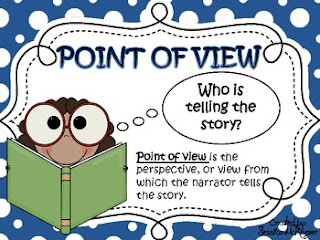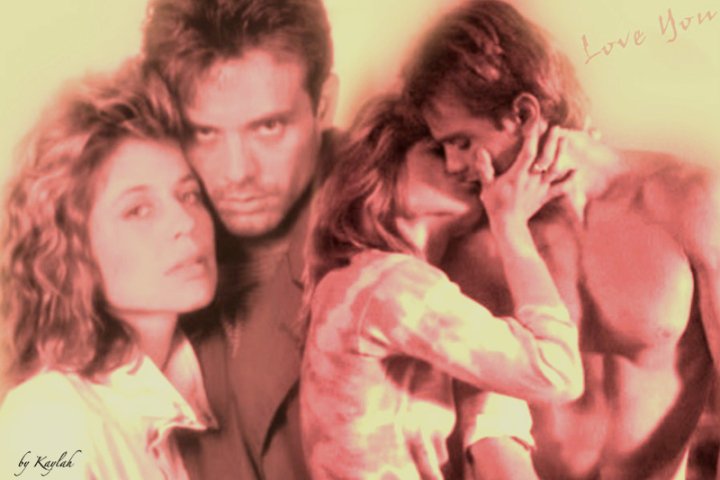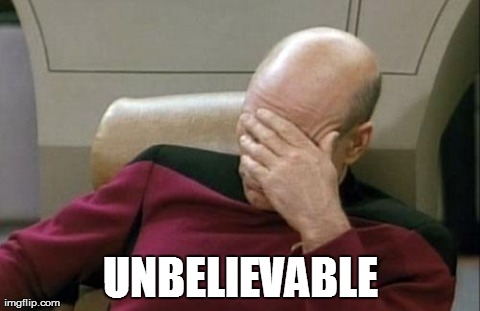You might
remember that I was planning to start reviewing books and posting the reviews
on my new website. Well, my website will be ready soon, but as for now, I’ll
post my first review here. I'm not going to give negative reviews to fellow
indie authors who will contact me for a review. My aim is to support the
newbies, not spoil their book pages with negative reviews. But I'll post
negative reviews to those books that I pick at random. And though I don't like
it, but my first review is going to be a negative one.
I have to
admit I’ve been fooled. Fooled by Amazon reviews. I have long stopped paying
attention to reviews, because you never know if they are genuine or not, but
this time I stumbled upon a book in the mystery section, which had more than
1000 positive reviews, and very few negative ones. And I thought it had to be
something special. One click, and it smoothly appeared on my kindle. And after the
first few chapters I had to force myself to keep reading. Sadly, I’m one of
those readers who always have to finish the book. And then, I was genuinely
curious why that book was so highly rated. It was a huge compilation of clichés
and overused themes.
Here we
go:
Title:
Silent Scream
The plot:
the story begins with a woman's murder. A few seconds before she's killed she
looks the murderer in the eyes (the murderer was wearing a mask) and recognizes
her killer. Before I go on, let me say that when the murderer's identity is
revealed I couldn't understand how that first victim recognized her killer. It
was totally unbelievable. Investigation begins and we meet the protagonist,
Detective Kim. A plain, unlikable character. But I’ll talk of the characters
later. Then another murder happens. And then another. And slowly, that chain of
murders goes into the past (10 years), to the night when something insidious
happened at a girls' orphanage. A lot of minor inconsistencies bugged me, but
there's one I want to mention. Bodies of murdered girls are discovered around
the burnt orphanage. Somewhere in the book we learn that one of the murdered
teen girls was pregnant. 20-25 weeks. Well, that's at least five months, right?
Then, during the investigation it is revealed that no one knew she was
pregnant. Let me ask how? How can you not see that a 15-year-old skinny girl is
pregnant?
The
characters: too many, all of them underdeveloped. Blurred. Sometimes I couldn't
tell one from the other. None had a distinctive voice, none had a character. The
protagonist was a beggar. Throughout the book she was begging for my sympathy. She
had had a tough childhood, she had a psychotic mother, she had been living in
foster homes. I’ve met a lot of characters with hard lives, but this one was
begging me to feel sorry for her. And it made me feel less sorry, because her
pain was artificial, meant to squeeze emotions out of me. You don’t force a
reader to feel something. You tell the story and let the reader relate to the
character.
The
murders were supposed to be gruesome, and well, they were, but I was constantly
told about it. How crazy the killer was, what a bastard, what a psychopath...
So much that when the next body was discovered I already knew I would now be once
again told how crazy the killer was. But he was a lame antagonist. The chapters
with his inner monologue were boring and cliché-driven.
When the
identity of the murderer was revealed, I couldn't care less. I was totally
unimpressed. The first thing I thought was, "Yeah, and so what?" The
antagonist should leave at least a bit of impact on the reader. But not this
time.
The
writing: amateur. Sometimes it read like a 2nd draft. Kim always felt
everything with her gut, constantly nodded her agreement and nodded her thanks.
Everything was galvanized. There was too much telling instead of
showing. Throwing in some medical details and phrases to seem smart.
The POV:
third person unlimited. It means that we don't just follow the protagonist (the
detective) while she's solving the murders; we also see what every other
secondary character does or thinks, and those chapters are very short, like
movie scenes. This is a personal thing, but I don't like such short chapters
that try to disclose why this or that secondary character did or said certain
things. To me masterful storytelling is letting the reader see everything
through the eyes of the protagonist while she’s discovering it all.
The
narration: I’m still thinking about how to explain my thoughts and feelings on
this. The narration was biased, one-sided. When the book is told from the 3rd
person point of view I expect it to spare me the narrator's principles and
views. Not here. I can understand the character's inner monologue, but I don't
need the narrator to tell me who's evil and who's not. I don't need the
narrator to tell me if the murder victims deserved death or not. I can decide
it myself, if the narrator gives me enough backstory. There was a disabled girl
in the story, and I lost the count of how many times the narrator told me that
she was strong, that she was a fighter, that she was courageous. I hate being
told of things. The few scenes with the girl were enough to show her courage,
it didn't have to be shoved down my throat that she was disabled, but hadn't
lost her vigor.
I think the book was been written in the 1st person POV, but the author had to change it later, to include the scenes with other characters' POVs. It would explain a lot.
And the clichés!
A detective with a harsh past. Her loyal sidekicks (made of carbon). People connected
by a shady past dying one after the other.
SPOILERS
Two
killers acting apart. A character who, 60 seconds before dying, turns into a
religious fanatic and begins mentioning God as his sidekick. OK, he was a
priest, but that dialogue was so out of nowhere. It was like the author thought
what else she could include in the book, then said, "Hey, what if he's not
just a psycho, but also a religious fanatic!"
END OF SPOILERS
Also,
there were missing words and commas, requiring me to read the sentences again to
understand what they meant.
Overall, I’m
not impressed with this book. It bored me to tears and made me roll my eyes not
once. The twist wasn't bad, but I've already seen that same twist many times in
Hollywood movies; it was just OK. And I wouldn't write so much if it wasn't so
highly rated. Maybe it's me? If you look at my Goodreads page you'll see that I
haven't been happy with my recent picks. Maybe it's just a black bar in my
life, when I don't like anything I read? I have to admit I learned writing in
English reading authors like Neil Gaiman, Stephen King, and George Martin. Few
authors write like them. So maybe my expectations are always high?
It's hard
to criticize a book when you're an author, too. There’s always the fear of being
called a bad sport, being accused of envy. But I don't want to be a hypocrite
and praise every book I read just because I’m a writer, too. While I won't post
negative reviews for the books by newbie authors, I don't think that my
negative review will harm a successful, established writer. Hence, this review.
I didn't like this book at all, but I wish the author success and a million
sales.
















